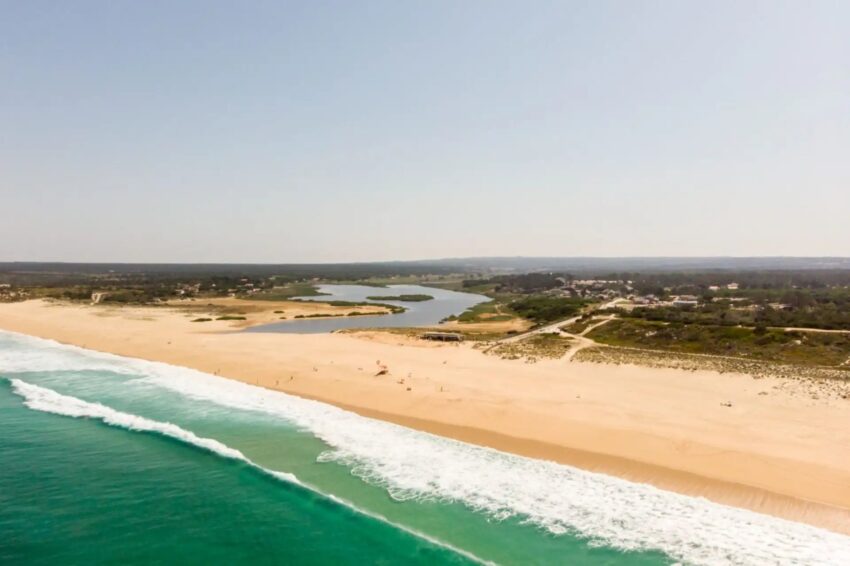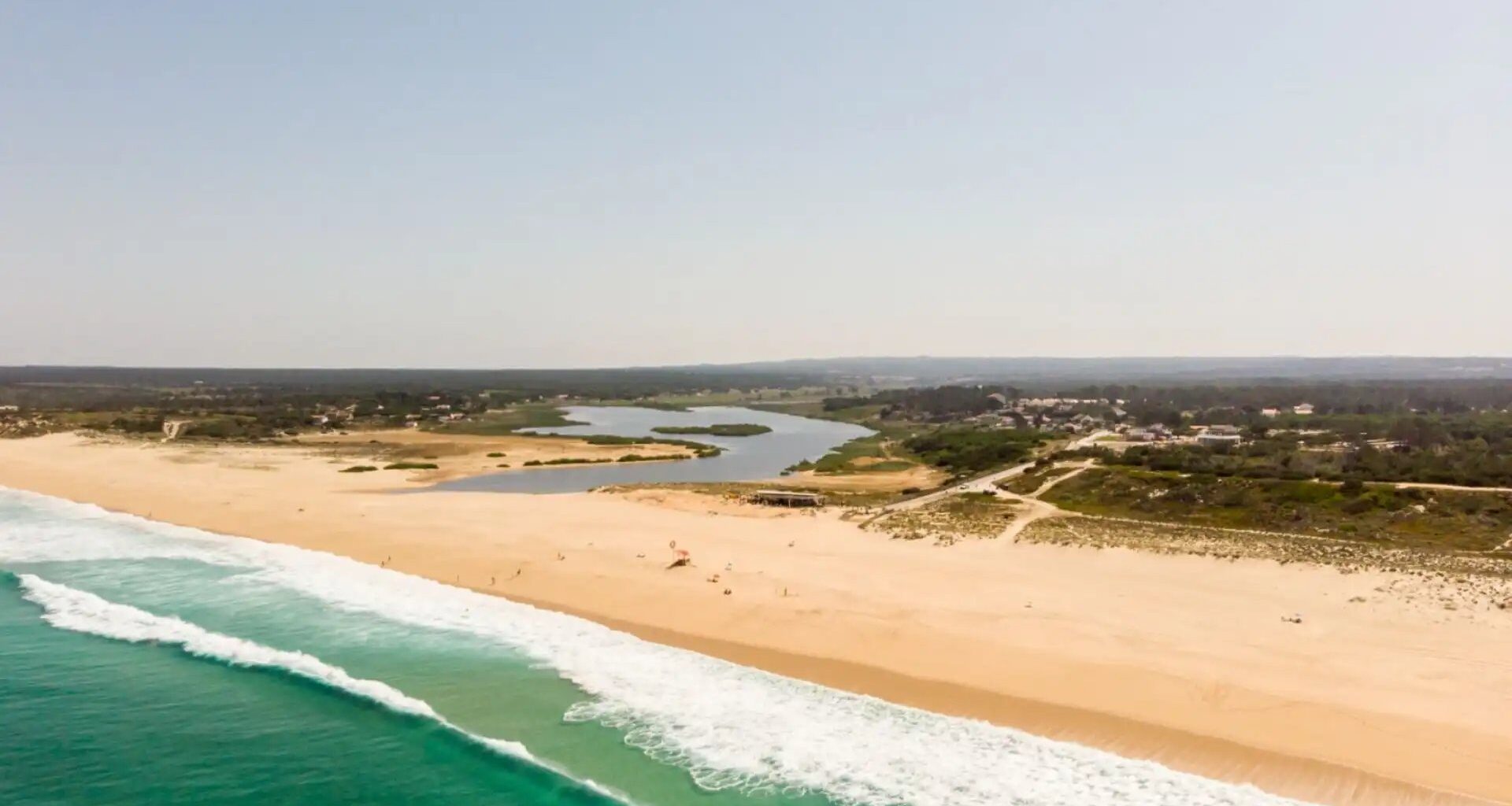Monday, November 25, 2024

Renowned luxury shoe designer Christian Louboutin has emerged as an unexpected advocate for sustainable tourism, spearheading efforts to preserve the charm and tranquility of his beloved Portuguese retreat. Nestled in the idyllic region of Alentejo, the village of Melides has become Louboutin’s sanctuary and a source of artistic inspiration. However, this picturesque locale now faces the pressures of overtourism, a challenge the designer is determined to address.
Melides: A Hidden Gem at Risk
Melides, with its rolling hills, pristine beaches, and whitewashed architecture, has long remained a hidden gem in Portugal. The region offers a stark contrast to bustling tourist hubs like Lisbon and Porto, providing a haven of peace and authenticity. Louboutin, who first fell in love with Melides over a decade ago, has invested in restoring traditional properties in the area, blending modern aesthetics with local craftsmanship.
However, the very elements that make Melides special have attracted a growing wave of tourists, eager to experience its untouched beauty. The influx, driven by social media and the global appetite for unique travel experiences, has put a strain on local infrastructure, natural resources, and the cultural fabric of the community.
Louboutin’s Call for Sustainable Tourism
Christian Louboutin, known for his iconic red-soled shoes, has channeled his passion for Melides into a mission to protect its character. Speaking at a recent event, Louboutin emphasized the need to strike a balance between welcoming visitors and preserving the village’s essence. He warned against unchecked tourism that could lead to overdevelopment, environmental degradation, and the loss of cultural heritage.
“Melides is a place of peace and simplicity,” Louboutin remarked. “It’s not just about protecting a village; it’s about respecting a way of life.”
Preservation Through Collaboration
Louboutin’s advocacy is not limited to words. He has partnered with local stakeholders, including residents, environmentalists, and policymakers, to create strategies for sustainable tourism. His efforts include:
Promoting Eco-Friendly Practices: Encouraging eco-conscious accommodations and businesses to minimize the environmental impact of tourism.Supporting Local Artisans: Highlighting traditional crafts and cuisine to ensure that economic benefits flow directly to the community.Regulating Development: Working with authorities to prevent overbuilding and ensure that new projects align with the area’s character.Educational Campaigns: Raising awareness among tourists about responsible travel and the importance of preserving Melides’ natural and cultural heritage.A Vision for Responsible Growth
Louboutin envisions Melides as a model for sustainable tourism, where visitors can immerse themselves in the local culture without overwhelming it. His boutique hotel, Vermelho, serves as an example of this philosophy. Designed with local materials and showcasing Portuguese craftsmanship, the hotel offers guests an intimate and respectful connection to the region.
Moreover, Louboutin has been vocal about the importance of long-term planning to safeguard Melides from the pitfalls of mass tourism. “We must act now to ensure that future generations can experience the magic of this place,” he said.
Challenges Ahead
Despite Louboutin’s efforts, challenges persist. The allure of Melides continues to draw interest from developers and investors, some of whom prioritize profit over preservation. The local government faces pressure to accommodate economic growth while addressing residents’ concerns about overpopulation, rising costs, and environmental impact.
Another challenge lies in educating tourists to embrace slower, more meaningful travel experiences. While many visitors are drawn to Melides for its unspoiled charm, some inadvertently contribute to its decline through unsustainable practices.
Inspiring a Movement
Christian Louboutin’s campaign to protect Melides reflects a broader movement in the travel industry toward sustainability. His high-profile involvement has drawn attention to the urgent need for responsible tourism, inspiring others to consider the impact of their travel choices.
For Melides, the future hinges on collective action. By uniting residents, policymakers, and visitors around a shared vision, this Portuguese retreat can serve as a beacon for balancing tourism with preservation.
Conclusion
Christian Louboutin’s love for Melides transcends its physical beauty; it’s a commitment to safeguarding the village’s soul. As the pressures of tourism mount, his efforts underscore the importance of protecting unique destinations from being consumed by their own popularity. For Melides, and for countless similar communities around the world, the battle for sustainability is not just about conservation—it’s about honoring the essence of what makes these places truly special.

